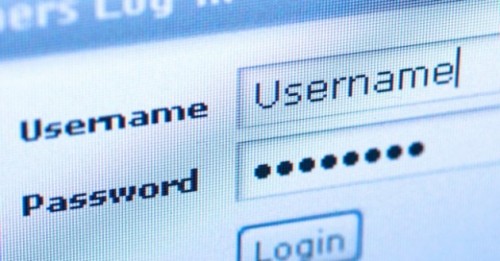These days it seems like every one of your online accounts – whether it’s an ecommerce site like Amazon or a subscription to a newspaper like The New York Times – has different password requirements. Some require a certain password length, usually 8 characters or more. Many require you to use numeric or symbol keys, and many of these also require the use of capital letters.
Why do they do this? And, more importantly, how can you keep your information safe? Use the following password best practices.
Don’t trust just anyone with your personal information. Not all sites are trustworthy; make sure you take a good look at their privacy policies to make sure you’re putting your eggs in the right basket.
For example, if you’re looking for an online service to help you publish text ads for your company’s website, make sure they clearly outline how they’re going to keep your information safe – even as it’s disseminated across the web. According to the security experts behind LinkTub, retaining a client’s anonymity is a critical part of keeping spam at bay. Still, it’s important to make sure you use the right password to keep your information safe.
Don’t use dictionary words. According to IT experts at UChicago, one of the most common methods for cracking passwords is a brute force attack, where the hacker uses an automated program to try possible passwords over and over again. Using dictionary words in a language other than English isn’t much better, because hackers are well equipped to try passwords in all sorts of languages.
Use a minimum of 12 characters. While the required standard is usually 8 characters, 12 to 14 characters is a better range to shoot for – and longer is even better. The math is simple; the more characters, the more possible combinations a hacker will have to try – making your password much harder to guess.
Use many different kinds of keyboard symbols. Passwords are case-sensitive, which means using a range of capital and lowercase letters will add further layers of security. A use of numbers and keyboard symbols (like $*#%) will also help. However, take care to avoid obvious substitutions. The word “dog” is a bad password choice, and “d0g” isn’t much better.
Final Thoughts: The Purpose of Password Requirements
They may be annoying, but they’re actually extremely important. Password requirements help to keep your personal information, like social security and credit card numbers, safe. It’s one of the easiest (not to mention cheapest) ways for websites to add a layer of security. Passwords that contain nothing but words from the dictionary are a breeze for hackers to crack – but those with random numbers, symbols, and letter cases prove much more difficult.
